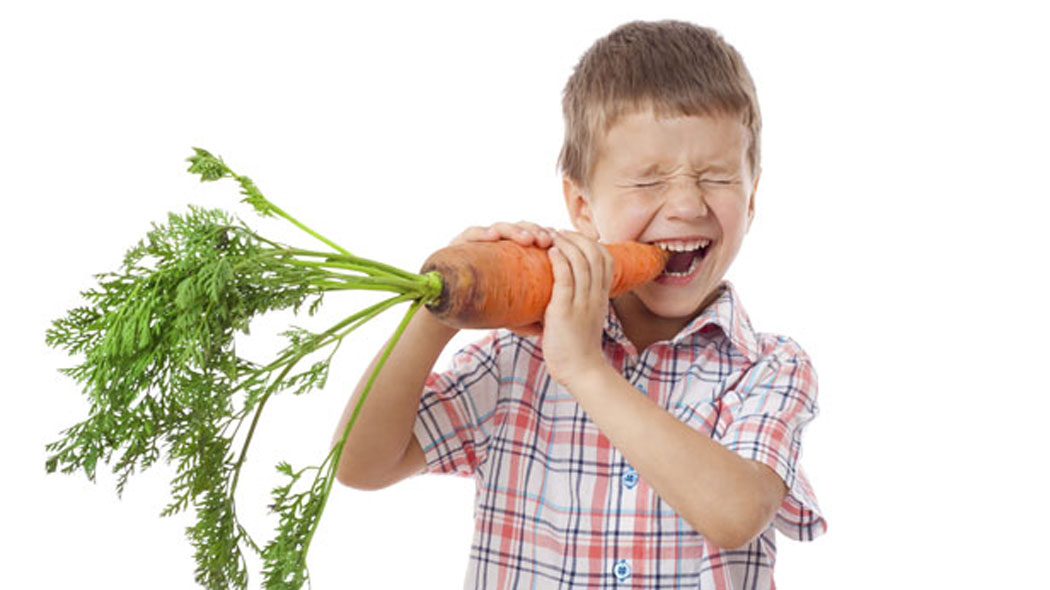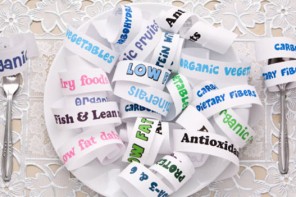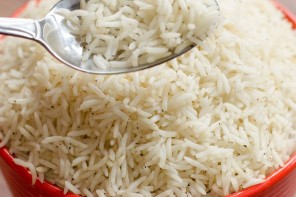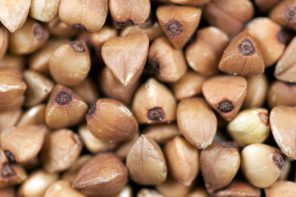Following an organic diet and letting your kids do the same is a good way to reduce your pesticide consumption. However, there are some important things to bear in mind if you are choosing to let your children go the organic route.
Not All Organic is Created Equal
You might think that everything organic is better, but this might not always be the case. A study conducted in 2012 by the American Academy of Pediatrics (AAP) discovered that there were lower pesticides in organic produce but no individual health benefits to be gained from organic milk. The report stated that although organic milk is said to contain higher quantities of polyunsaturated fatty acids and antioxidants, milk depends on what cows eat, and this varies according to the seasons (for instance, they might consume outdoors in the warmer months or be given indoor fodder during cold weather). The researchers stated that there is not much difference between conventional and organic milk.
You might think that everything organic is better, but this might not always be the case
Organic meat and produce, however, definitely offer benefits. The same study, which was published in the November 2012 issue of the AAP’s journal, found that when animals are organically raised, they are less likely to be polluted with bacteria that is drug-resistant. The reason is because organic farming ensures that no non-therapeutic uses of antibiotics are used.
Getting Rid of Pesticides
Pesticides used in conventional farming methods can be highly toxic – especially to children. According to the the Pesticide Action Network, because children have developing brains and bodies, this makes them much more susceptible to the frightening consequences of pesticide residue on food. This could even affect them in the womb, resulting in birth defects. Once born, children exposed to pesticides could suffer from conditions such as ADHD, autism or delays in development.
The good news? Dr. Philip Landrigan, an expert from the Mount Sinai school of medicine who weighed in on the AAP study and was featured on ABC news, claimed that children who consume a large amount of organic food in their diets have a 90% lower level of pesticides in their bodies.
However, be sure that your children are not coming into contact with pesticides elsewhere. Pesticides can be found in pet products, lawn or gardening products, and products used to control rodents or repel insects. It’s therefore important to ensure that you are not bringing pesticides into your home in these other ways which could still be contaminating your children.
Be Informed About Food
Sure, organic foods might not have pesticides, but they could have other harmful ingredients. For instance, food that has come into contact with plastic at some stage could be bringing pesticides into your children’s bodies. A study conducted by the University of Washington set out to discover if local and organic food that was packaged without any plastics could lower the levels of chemicals BPA and phthalates found in the body. Surprisingly, they discovered that this was not always the case. Some foods, such as high-fat dairy and organic coriander, could be exposed to contamination by chemicals from plastics that were used during their production. The advice prompted by the study is that diets should contain as many fresh foods as possible as well as a low animal-fat diet.
Learn about food and what it contains. A wholesome-looking cereal could be packed with sugar, for instance, so read product labels. ‘Organic’ foods might not be gluten-free or vegan, and these might be other food choices that are important to you. Beyond reading labels, research foods you put on the table as much as possible.
Image credit here









